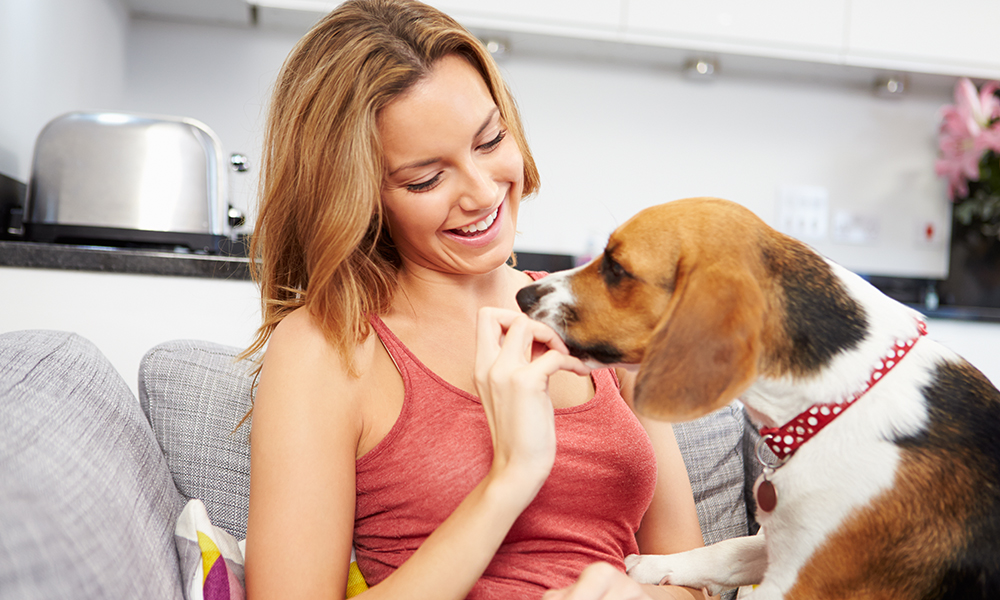Living with a dog means there’s always someone around that’s very, very interested in what you’re eating. Before you give in to those pleading eyes, you want to make sure the food is safe, digestible and well-suited to a canine diet. Keeping this list handy will help you know which people foods are toxic or potentially harmful and which are deemed safe for dogs.
People foods that are UNSAFE for dogs
Almonds: While raw, unsalted almonds are not toxic, they can cause obstruction because — surprise! — dogs don’t always chew their food. The high-fat content can lead to pancreatitis, a condition where the body’s pancreas becomes inflamed, leading to vomiting, diarrhea and loss of appetite. In severe cases, pancreatitis can be fatal.
Avocados: The fruit, skin and pit contain peresin, which is toxic for dogs. Also, beware of avocado pit ingestion. These are a choking hazard and can cause intestinal blockage in dogs.
Bacon, along with hot dogs, ham, bologna and other processed meats: High sodium levels can have a bigger effect on dogs’ bodies than a human’s. For one, excess salt can cause dogs to drink too much water, leading to bloat. What that occurs, the stomach expands and places pressure on other organs.
Bones: After dinner, it can be tempting to offer your best friend a bone or two from your plate. Don’t. Cooked bones, especially those from pork and poultry, can break and splinter, injuring your dog’s mouth and internal organs. Not to mention, small hard pieces can present a choking hazard. A safer option for your dog is a raw meaty bone from your favorite local pet supply retailer.
Caffeine: The source of our morning kick can spell danger to a dog. For that reason, keep coffee grounds, coffee beans, tea bags and other caffeine sources in a dog-proof container. Early signs of ingestion can include agitation, a racing pulse, vomiting and panting. As toxicity from caffeine builds in the dog’s system, it can lead to tremors and seizures.
Chocolate: Don’t share your chocolate treat with your dog. Chocolate contains a substance called theobromine, which can sicken dogs, and cause heart tremors, seizures and even death. Keep in mind that dark and baking chocolates contain higher levels of theobromine than milk chocolate. So if they ingest even an ounce or less of dark chocolate, it can lead to big problems for your dog.
Cheese: Offer sparingly as a rare treat. Many dogs have trouble digesting dairy products.
Cherries: While the fleshy part is fine, the pits and stems contain cyanide, and when eaten in high quantities, it can be deadly to dogs. Cherry pits can also cause intestinal blockages.
Corn on the cob: Plain corn (no salt, no butter) does get the green light because corn is a highly digestible food for dogs. But don’t serve it on the cob. Dogs might ingest the cob or large pieces of it. This can cause an intestinal blockage, which is a condition that is serious and potentially fatal.
Grapes and raisins: These can cause kidney failure in dogs, even when eaten in small amounts.
Ice cream: Yes, we can understand the temptation to buy your pup his own little ice cream treat. But many dogs are lactose intolerant, which can cause digestive troubles, diarrhea and allergic reactions like itchy skin.
Macadamia nuts: While not considered deadly, they are toxic to dogs. Signs of ingestion include vomiting, muscle shakes, fever and weakness.
Mushrooms: Don’t let your dog nibble on wild mushrooms. Contrary to popular belief, dogs can’t sniff out which are toxic and which aren’t.
Tomatoes: The ripe, fleshy part is safe for dogs. But make sure dogs stay well away from your garden plants. That’s because the green parts (stems and leaves) contain a substance called solanine. When eaten in large qualities, it can be toxic and make your dog sick.
Xylitol: Be on the lookout for this potentially deadly-to-dogs ingredient on packaged foods. Xylitol is sugar alcohol used as a sweetener and can be found in candy, baked goods, diet foods … and even pup-friendly foods, like peanut butter. Effects include a drop in blood sugar and liver failure.
People foods that are safe for dogs
Eggs: Hard-boiled is best, so you can avoid salmonella poisoning that sometimes occurs from eating raw or undercooked eggs.
Fish: Be sure the fish is cooked, deboned, and served plain (without butter and salt).
Fruits: The following fruits get the green light for dogs. But first, a word of warning: Pits in many fruits contain cyanide, which can be deadly in high quantities, so make sure these are removed before offering your dog a bite. Also, be sure to remove tough skins and peels, seeds and rinds, because these are not digestible.
- Apples
- Bananas
- Blueberries
- Cantaloupe
- Cranberries
- Mangoes
- Peaches
- Oranges
- Pineapples
- Raspberries
- Strawberries
- Watermelon
Meats: Lean cuts of poultry, beef and pork are all great sources of protein, vitamins, minerals and fats for dogs. Hold the salt and when cooking, avoid added fats. When it comes to providing raw diets, however, bear in mind the potential risks to puppies and senior dogs. Also, consider whether other household members might come into contact with raw meat in your dog’s feeding area, such as young children and people with compromised immune systems.
Peanuts and peanut butter: Unsalted is best, because excess sodium can have a bigger effect on dogs than it does on humans. Always check labels, because peanut butter is sometimes sweetened with xylitol, which can be deadly to dogs.
Popcorn: Plain, air-popped, no kernels, in small amounts. If your movie night treat is loaded with salt and butter, do not share. (But if your dog snaps up the occasional dropped piece, they’ll probably be fine.)
Shrimp: Remove the tail and other crunchy bits first.
Spinach: These leafy greens can provide fiber and vitamins that are great for dogs. But don’t overdo it. The oxalic acid found in spinach blocks a dog’s ability to absorb calcium, and too much of it can lead to kidney damage.
Vegetables: The following are safe to feed your pet.
- Broccoli: Serve in small quantities or it can cause gassiness.
- Brussels sprouts: Serve in small quantities, as too much can cause gassiness.
- Carrots
- Celery
- Cucumbers
- Green beans
- Peas: (Including snap peas and snow peas)
Wheat and grains: Barring any allergies and food sensitivities, things like rice, oats, corn, barley, millet, oatmeal and quinoa are perfectly safe and healthy for dogs.
Yogurt: Unsweetened is best. If the yogurt is served in a homemade frozen pop, your pooch can cool off and reap the benefits from probiotics. Probiotics help maintain a healthy, balanced intestinal tract as well as helps enhance immune response.
When in doubt, always talk to your vet before offering your pet a serving of people food. In the meantime, there’s always NutriSource Jerky Treats. Made with locally sourced, wholesome ingredients, these make the perfect anytime snack for your four-legged friend.


